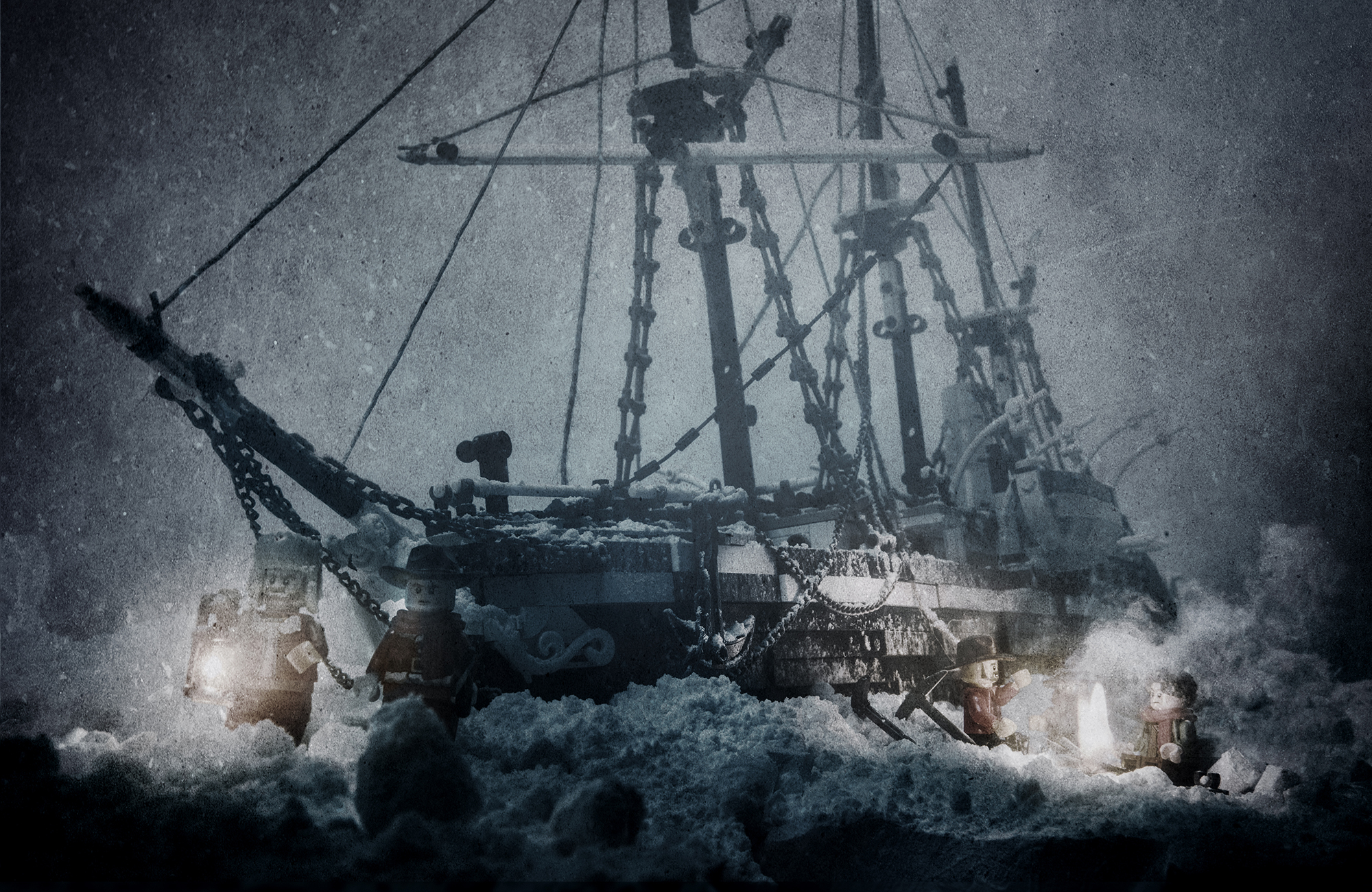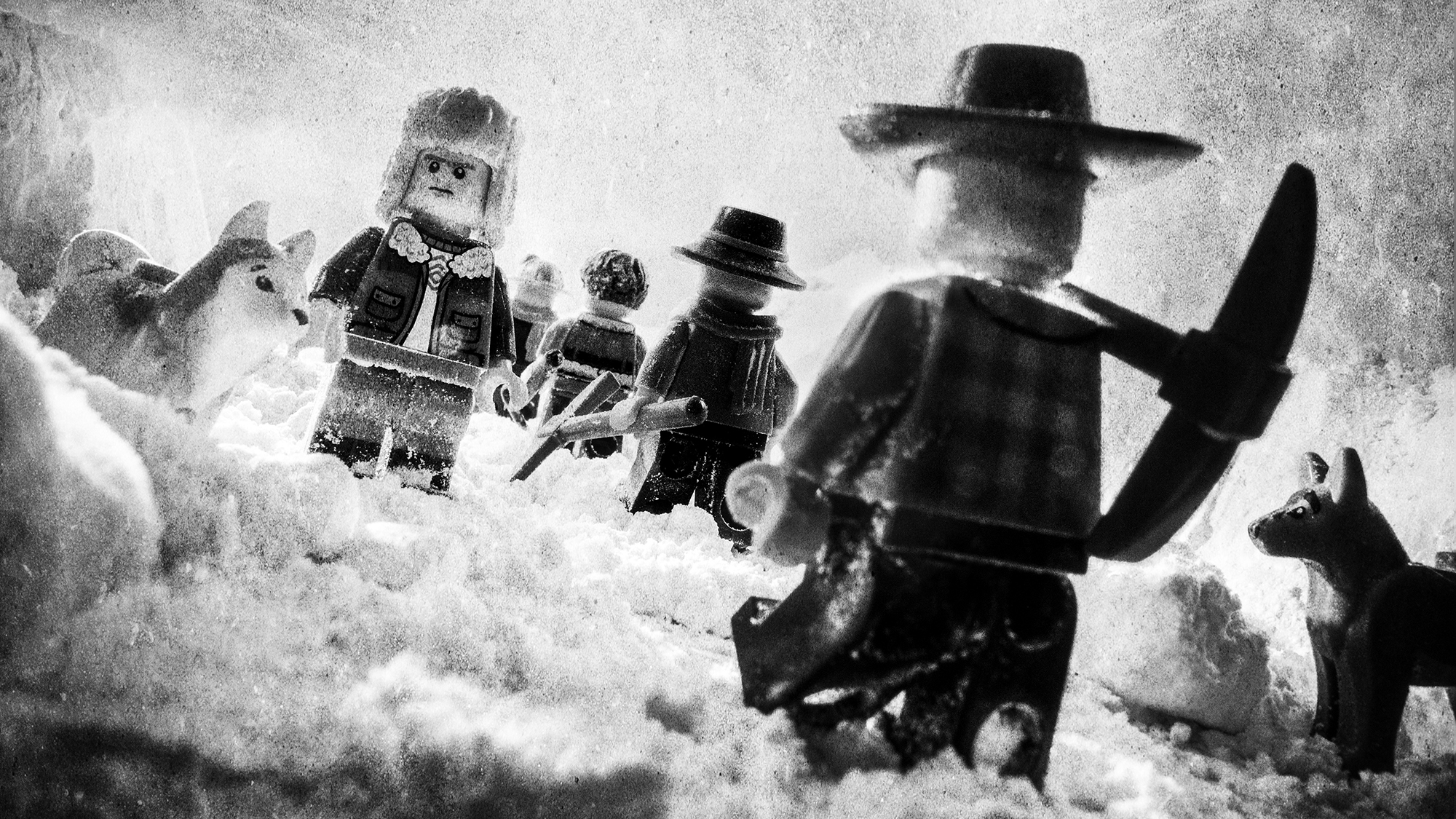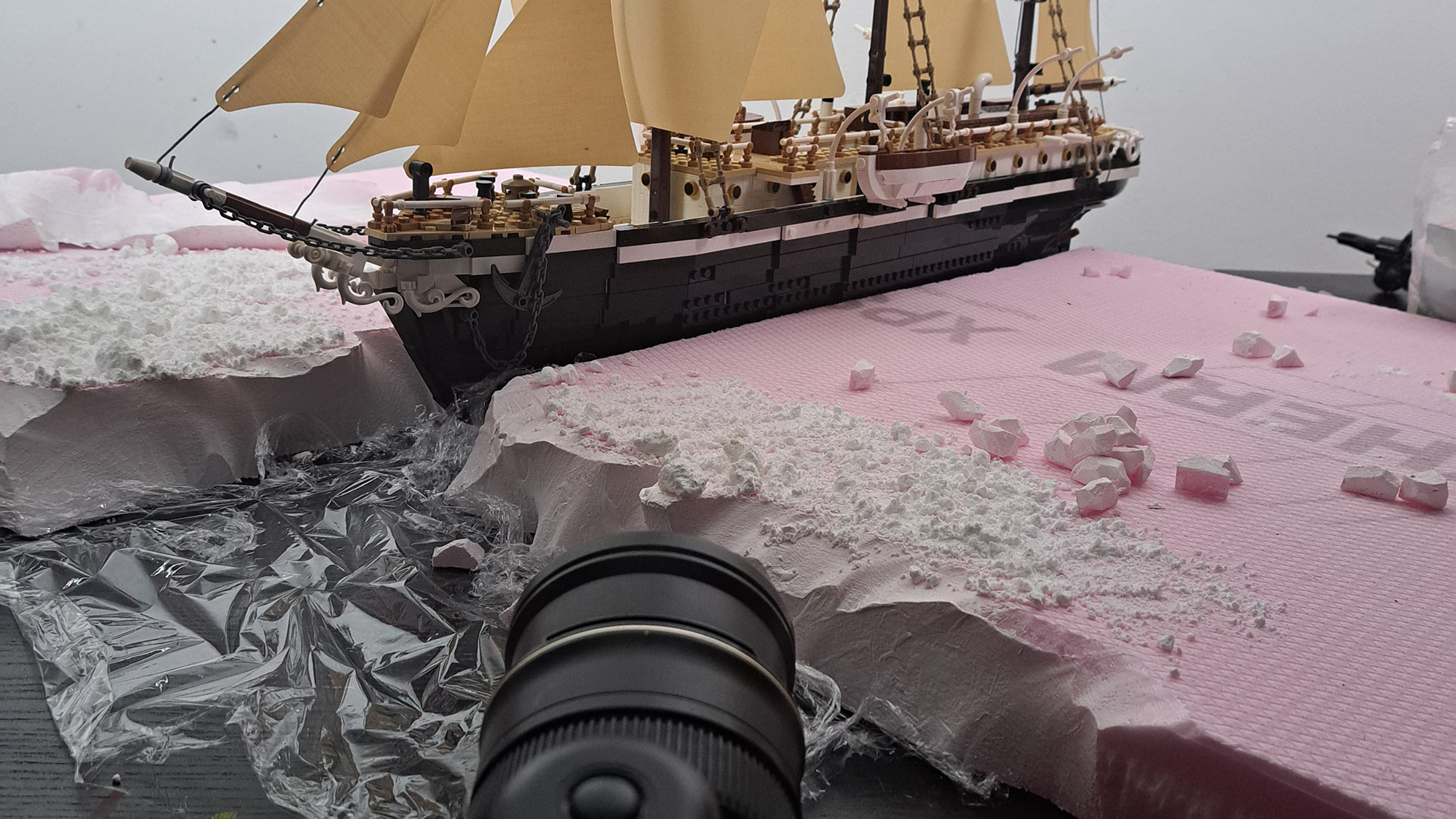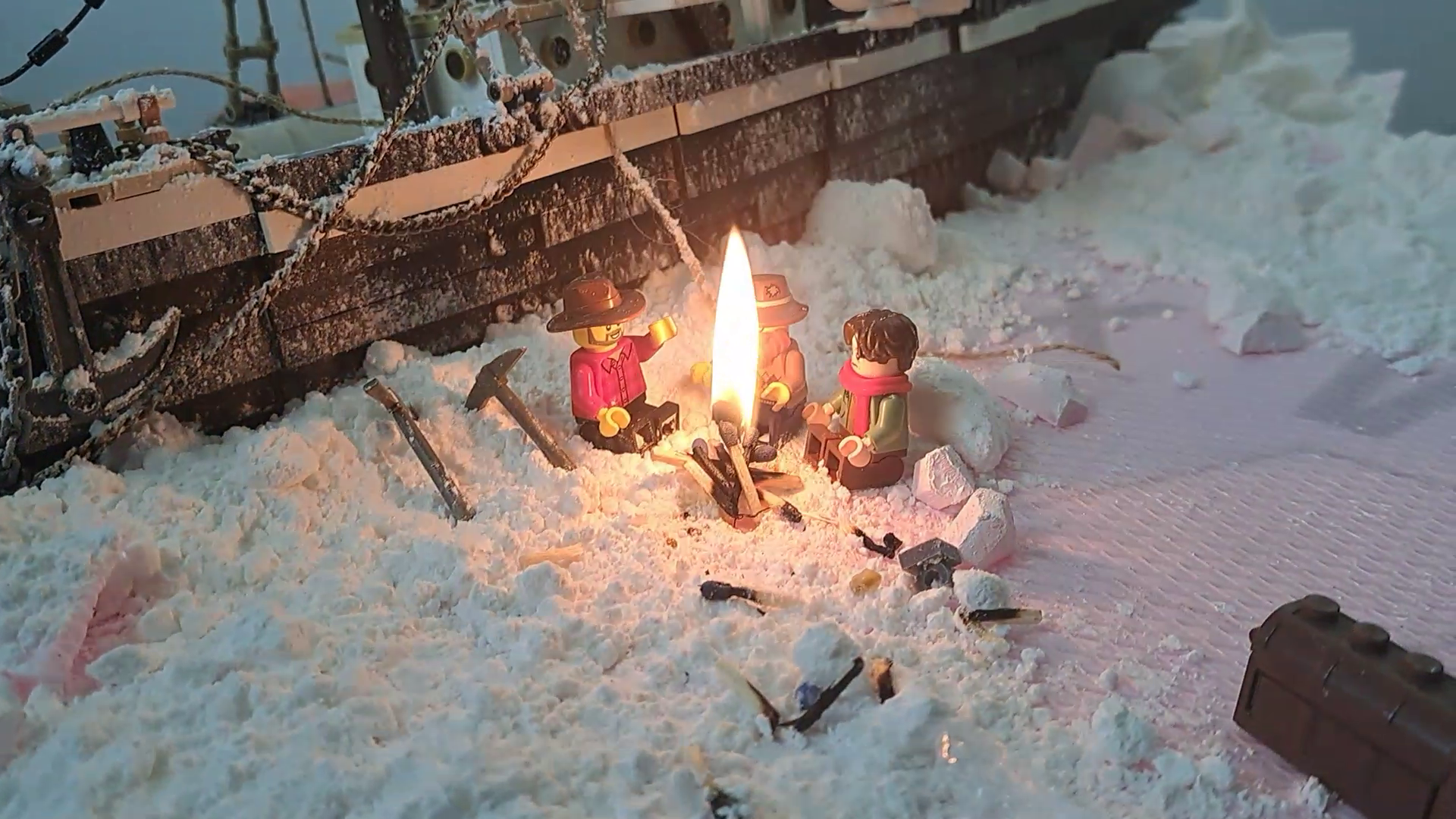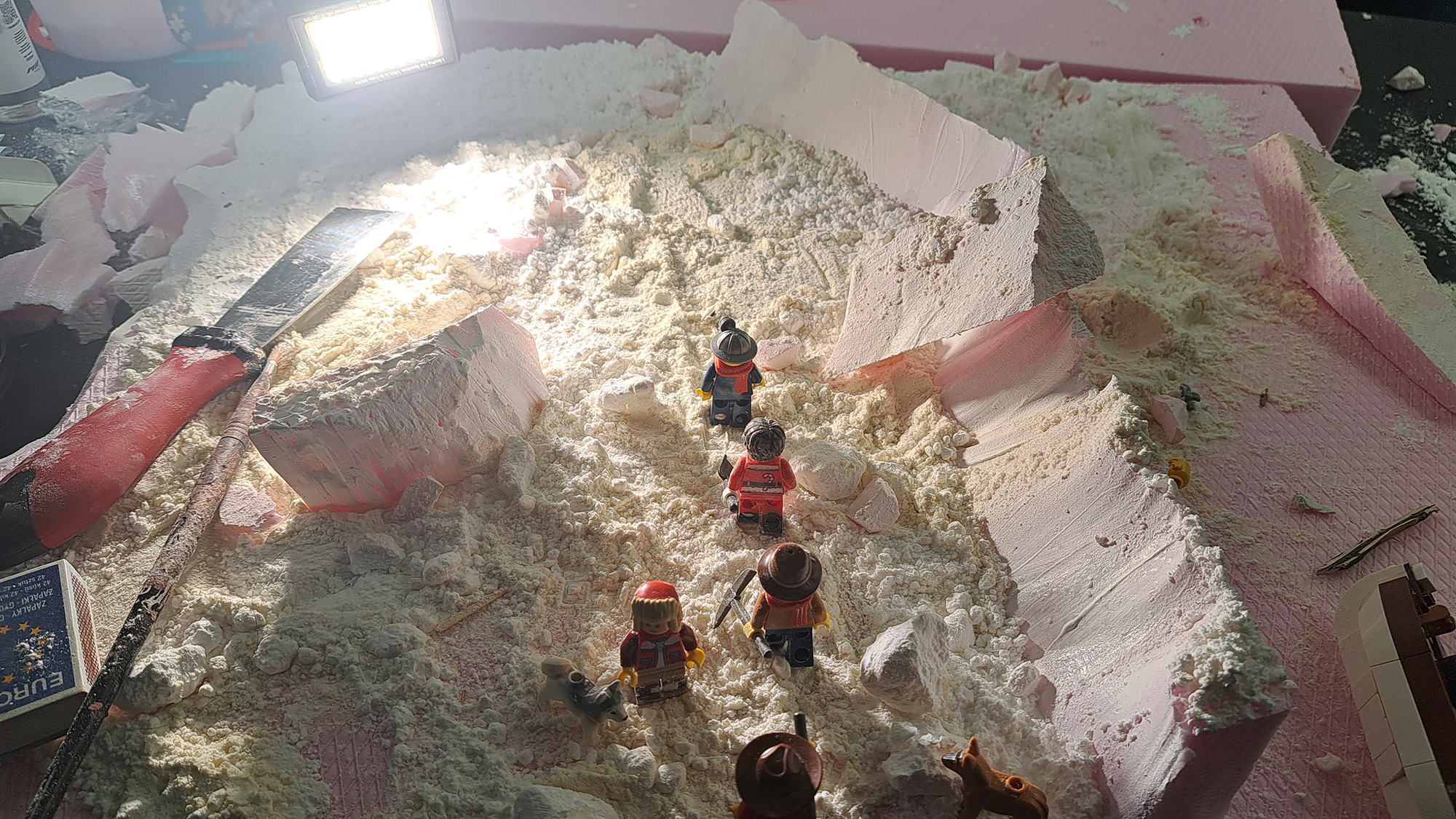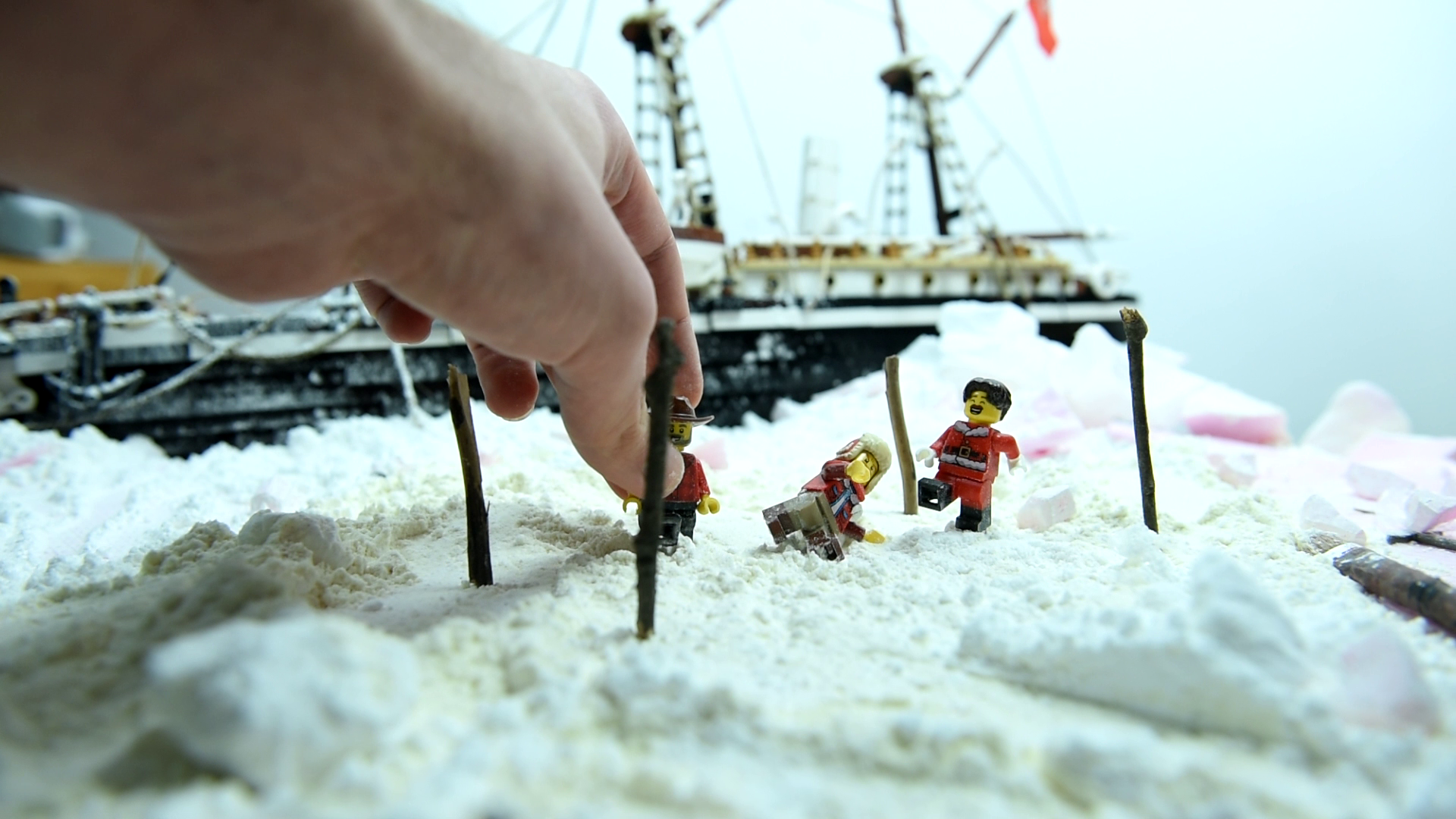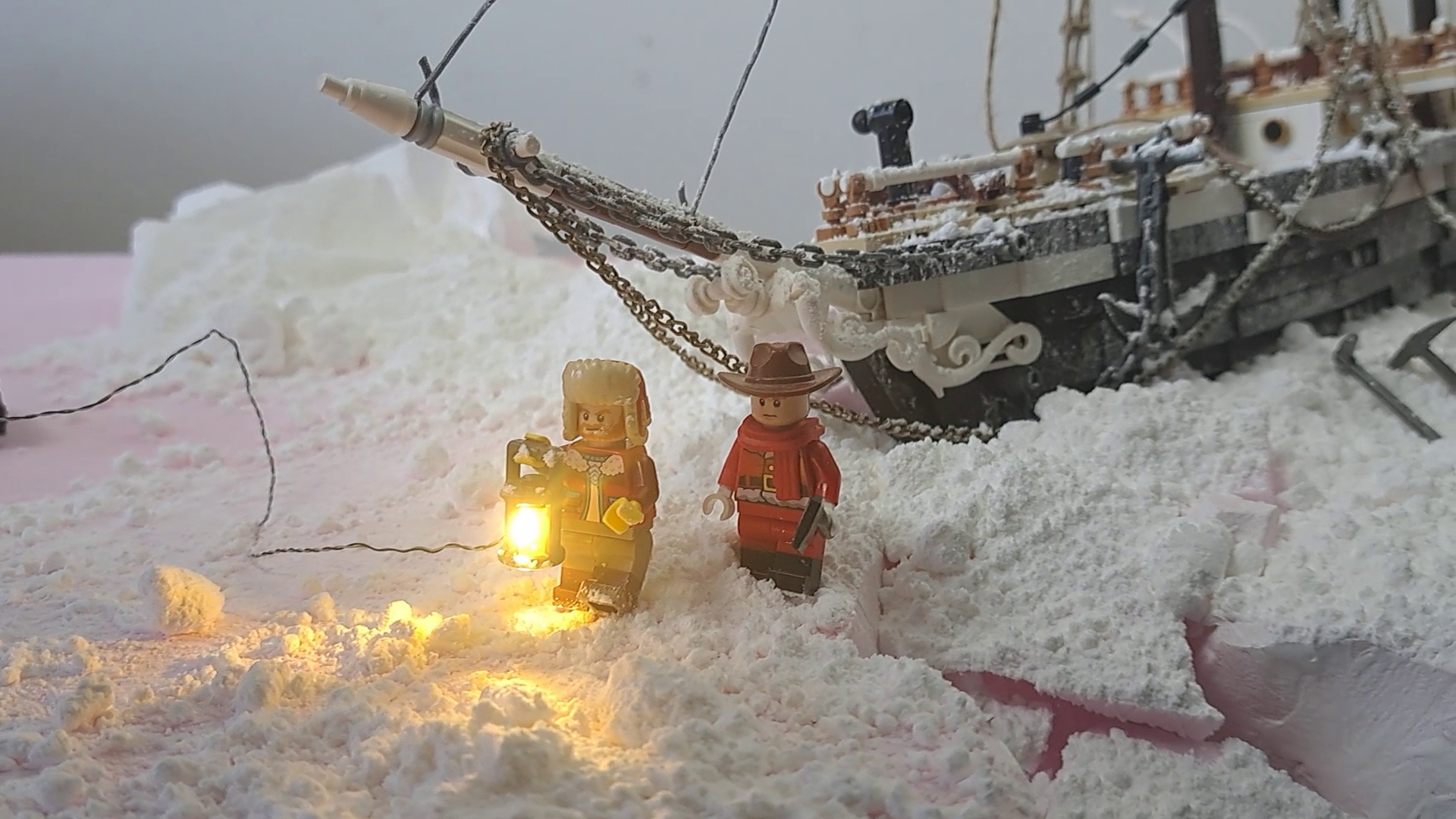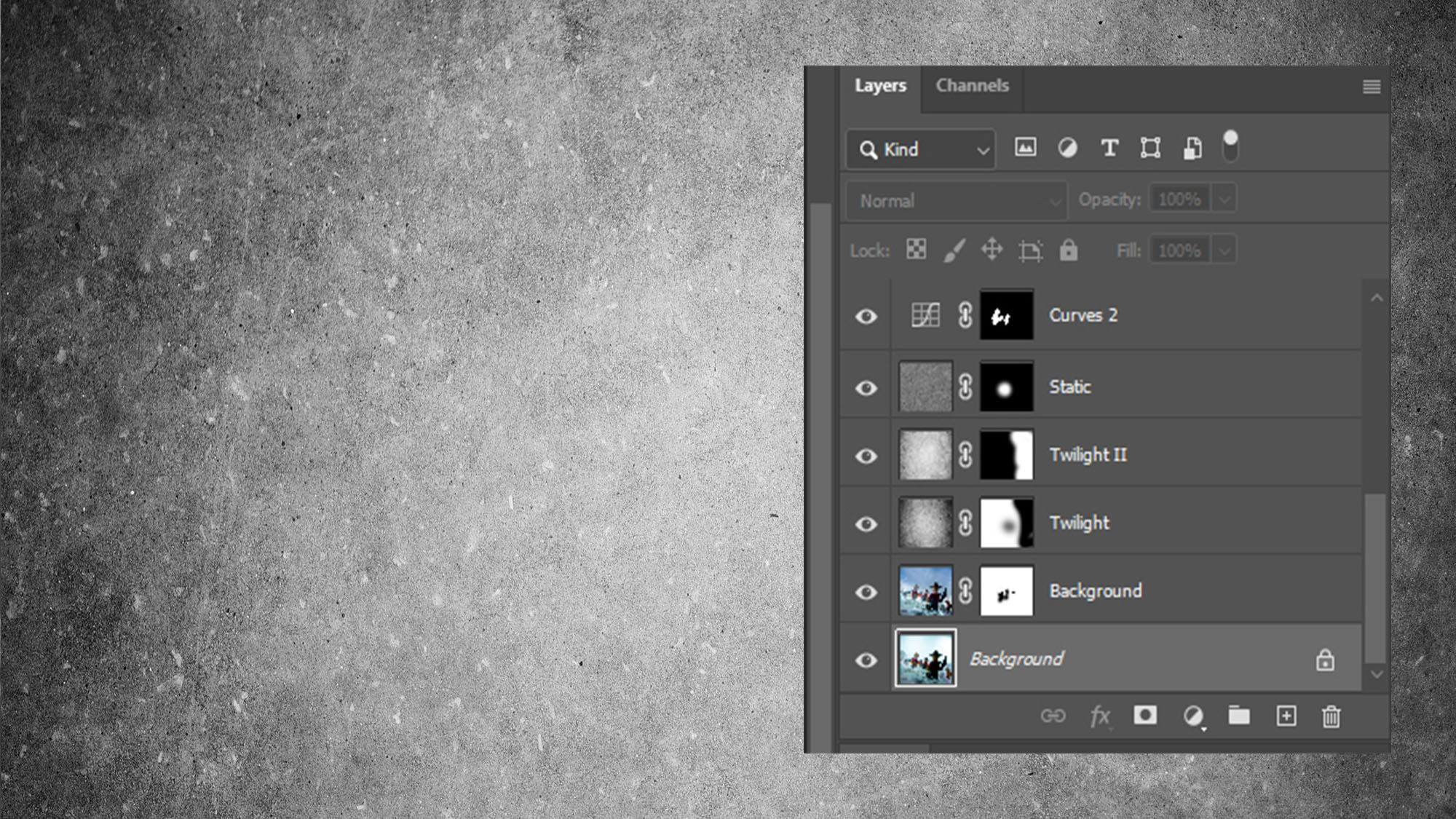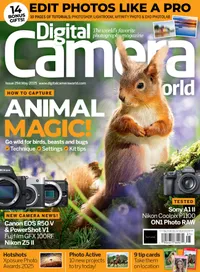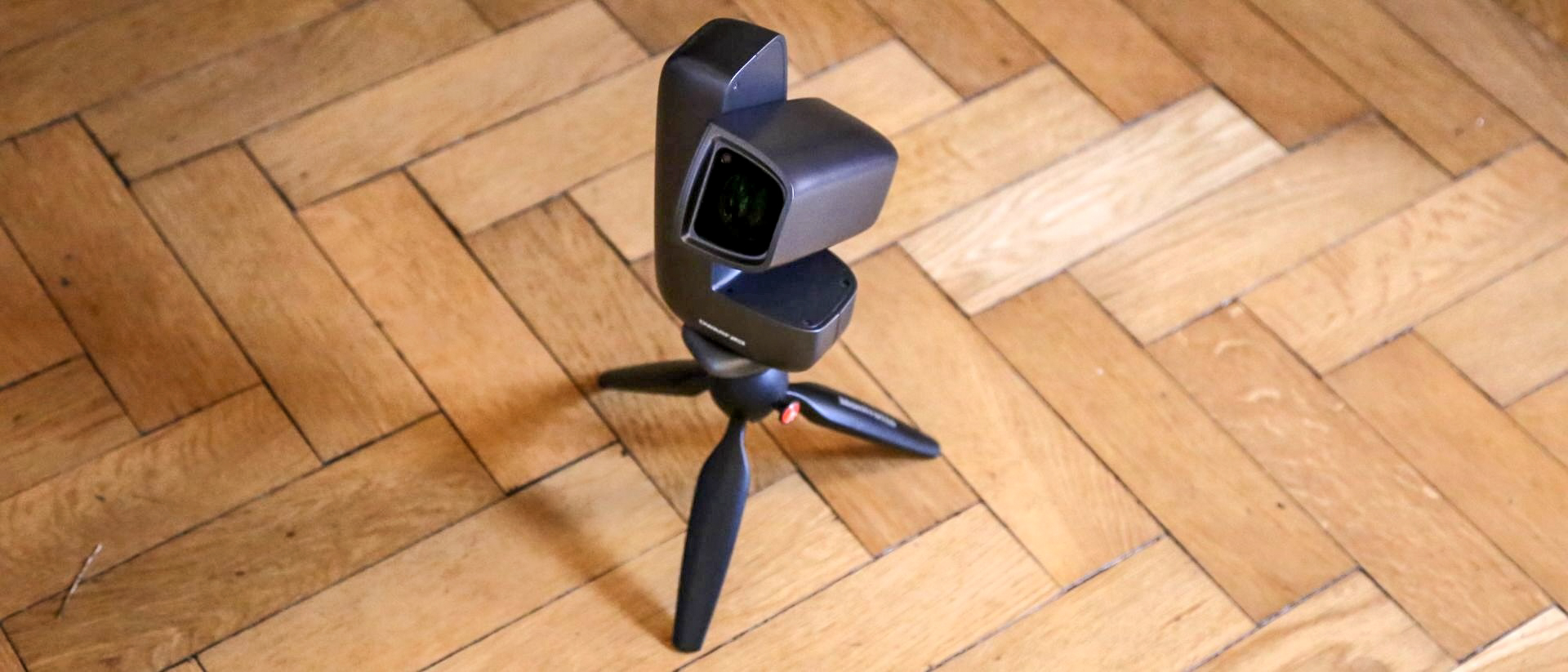I photographed the amazing story of Shackleton's Arctic expedition using Lego bricks and a Nikon DSLR camera
A professional toy photographer brings Shackleton’s 1915 Arctic expedition to life
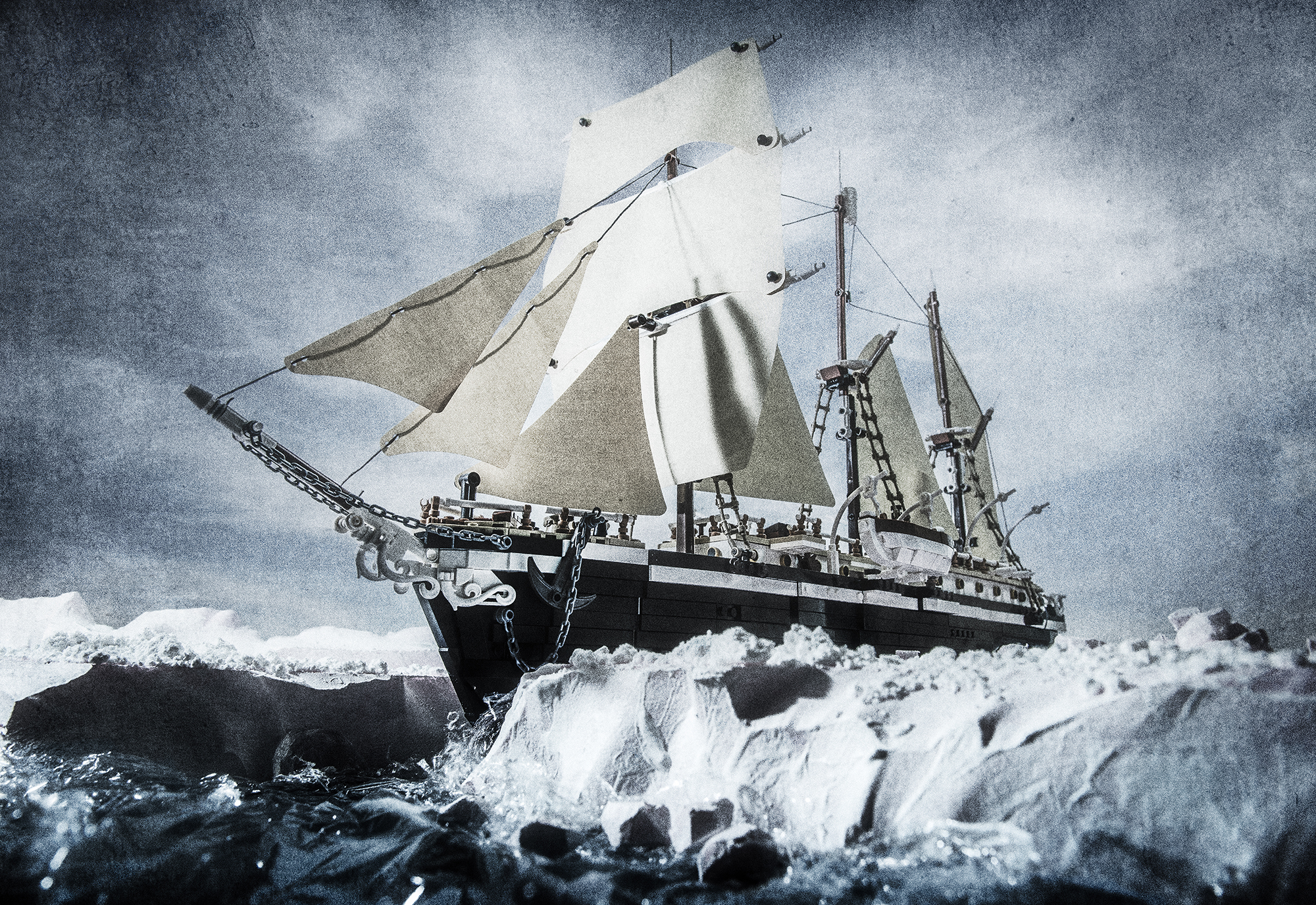
The best camera deals, reviews, product advice, and unmissable photography news, direct to your inbox!
You are now subscribed
Your newsletter sign-up was successful
Sir Ernest Shackleton and his ship, the Endurance, have a truly captivating story from 1915. Interestingly, it’s not because the planned expedition was successful, but because despite failure and minimal chances of survival, Shackleton and his crew managed to escape the grip of the ice. Their perseverance and struggle remain inspiring to this day, and this is what captured my attention and motivated me to create a photo series in tribute.
Since this is a true story, it was clear that I needed to think in terms of a series, as just one image wouldn’t suffice. It was also important to preserve the atmosphere and make the images resemble the original archival photos as closely as possible, which I kept in mind during post-production. I also paid attention to real moments in the story, such as when the crew actually played football on the ice.
The challenge in toy photography is that you need to analyse what makes reality appear real. What is usually self-evident and natural must be simulated here. So, I used lighting to create the feeling that the viewer was standing on an endless ice field.
For the series, I used a Nikon D750 camera body and two lenses: a Nikkor 24-70mm f/2.8 and a Laowa 15mm wide macro lens.
1. Creating ice and ocean
Simulating water is particularly challenging and, under indoor conditions, real water isn’t always the best solution. Here, I used cellophane to represent the water and powdered sugar for the icy surface. I used an XPS foam board for the huge icebergs that I painted white. Lighting is a key factor so I used a strong flashlight as the sun.
2. Real fire and lantern light
In my photos it is important to try creating the effects for real, without fake elements. After I put some sugar on the ship with the brush, I ignited some matches as a campfire, and used small LEDs for the lantern. After all this, I blew smoke in the scene to create some haze.
3. Wide macro perspective
Even though the ship is not in the picture (after it sank) it is still meaningful. The real survival challenge had just begun and, also, I wanted to make a memorial for the dogs who died for the crew. This time I used a Laowa wide macro lens and used a Dutch angle for the intense dynamism.
The best camera deals, reviews, product advice, and unmissable photography news, direct to your inbox!
Figure positioning and emotions
Toy photography is not just about capturing a product shot with well-arranged lighting. Emotions and movements are just as important as when photographing real people. Mini-figures make great actors because they allow us to use a wide range of facial expressions. In this shot, which captures the crew passing time by playing football, this is the most important element. I even had to slightly adjust one figure’s arm to create a more lifelike movement. This way, the storytelling becomes clearer, and the entire image feels much more alive.
Photo editing tips
With some authentic black and white archaic overlays you can make the viewer feel like they were actually there, they can almost smell the history itself. Also it’s a great tool to mask that it’s actually Lego. Usually I use only one overlay, but here I combined three of them, using the simple masking technique.
Digital Camera World is the world’s favorite photography magazine and is packed with the latest news, reviews, tutorials, expert buying advice, tips and inspiring images. Plus, every issue comes with a selection of bonus gifts of interest to photographers of all abilities.
You may also be interested in...
You can shoot this type of image with a DSLR or the latest mirrorless camera but what you really need is a good macro lens and a copy of a photo editing package to put it all together.
Official LEGO photographer and specialist in creating and photographing miniature worlds.
- Wendy EvansTechnique Editor, Digital Camera magazine
You must confirm your public display name before commenting
Please logout and then login again, you will then be prompted to enter your display name.
